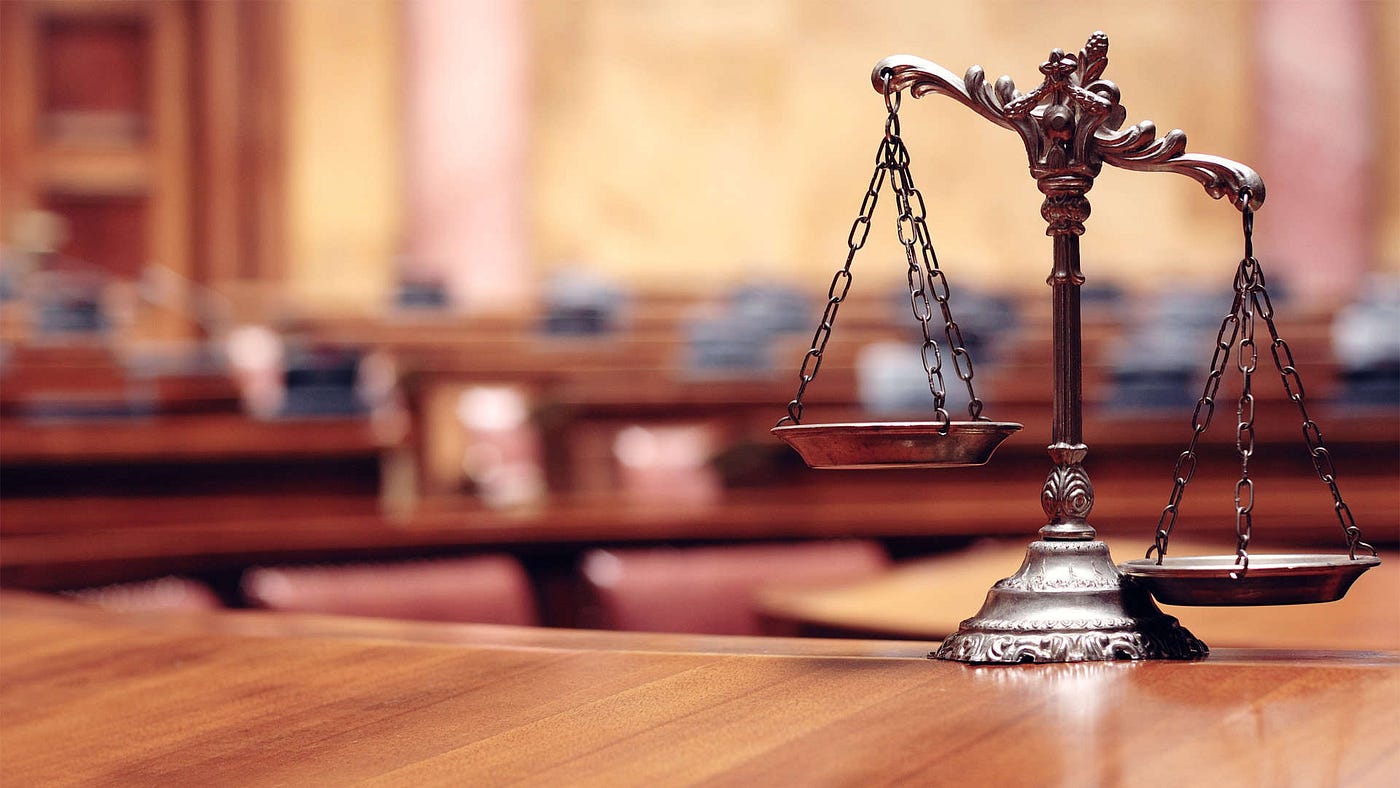This article is authored by Gauri Bansal and edited by Mr. Anoop Prakash Awasthi, AOR and Adv. Prapti Singh.
SC/0194/1985
FACTS
The appellant in this case was married to the respondent in 1932. In 1975, the appellant husband drove the respondent wife out of the matrimonial home and in 1978 the respondent filed a petition under Section 125 of the Criminal Procedure Code for maintenance. In the same year, the appellant divorced the respondent by a revocable Talat and took the defence that since she is no longer his wife and since he had already paid the Dower during the period of dat as is required under Muslim personal law, he had no obligation to maintain her.
In 1979, a Magistrate order directed the appellant to pay a nominal sum of Rs. 25 every month by way of maintenance. The High Court at Madhya Pradesh increased this amount to Rs. 179.20 per mouth. The appellant husband appealed to the Supreme Court by way of a special writ petition
QUESTIONS OF LAW
The question that came before the Comt was whether the provisions of Section 125 of the CIPC can be operational above the provisions of the personal law that deputies? And but role the Courts play in tak step towards the Unifina Civil Code which laws governing every citizen in Article 41 of the
HELD
The Court held that Section 125 of the CrPc “truly secular in nature” and the purpose of this provision was ensure that there wn a speedy and summary remedy to those person who did not have the means to maintain themselves. The Court further added that if a person with sufficient means were found to neglect giving maintenance to any dependents, Section 125 of the CrPc would be attracted. The rights under this provision would stand regardless of the personal laws of the parties. The Court also held: that the husband’s liability to provided maintenance was not limited to the time period of Iddat but for as long as the wife is unable to maintain herself or has remarried, even when the Iddat period is over On the importance of a Uniform Civil Code, the Court said.
“A common Civil Code will help the cause of national integration by removing disparate loyalties to laws which have conflicting ideologies. No community is likely to bell the cat by making gratuitous concessions on this issue. It is the State which is charged with the duty of securing a Uniform Civil Code for the citizens of the country and, unquestionably, it has the legislative competence to do so. We understand the difficulties involved in bringing persons of different faiths and persuasions on a common platform But, a beginning has to be made if the Constitution is to have any meaning. Inevitably, the role of the reformer has to be assumed by the courts because, it is beyond the endurance of sensitive minds to allow injustice to be suffered when it is so palpable. But piecemeal attempts of courts to bridge the gap between personal Laws cannot take the place of a common Civil Code. Justice to all is a far more satisfactory way of dispensing justice than justice from case to case.”




